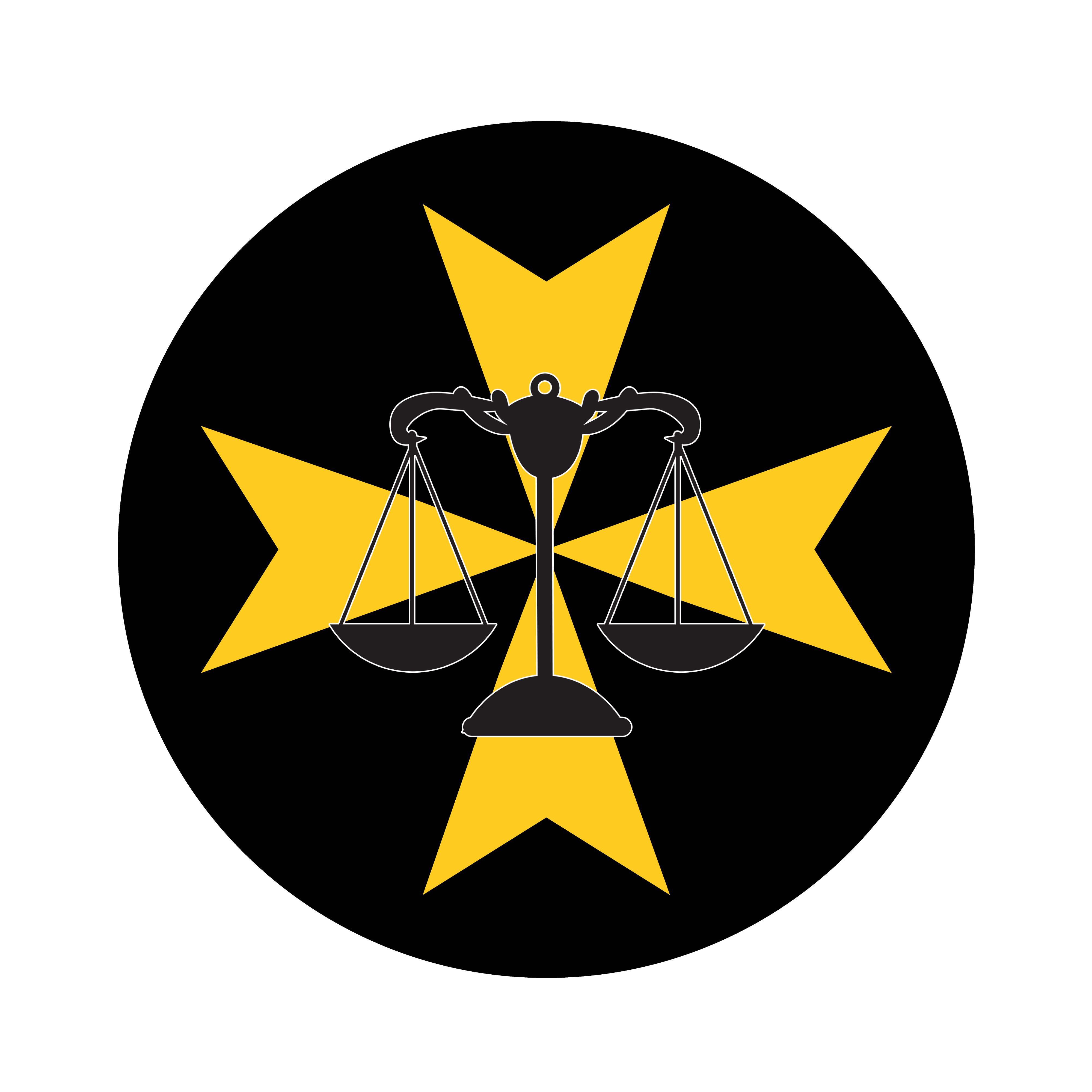Constitutional Court
Although the Constitutional Court is popularly regarded as the “highest court of the land”, in reality it has a jurisdiction far more limited than that of the Court of Appeal. On the other hand it may be argued that it since matters touching upon the interpretation of the Constitution itself and upon the validity of laws ultimately fall to be decided by this court, its pre-eminence is determined by the subject matter of the cases that can come before it.
The Constitutional Court came into being as a Superior Court with the 1964 Independence Constitution. Originally it was composed of five Judges, including the Chief Justice as President and a Vice-President. In 1974 it was reduced to three Judges, and the post of Vice-President was abolished. It is today composed of the Chief Justice as President and two other Judges.
The Constitutional Court has both an original and an appellate jurisdiction. As an appellate court it hears appeals from decisions of other courts on questions relating to the interpretation of the Constitution and on the validity of laws, as well as appeals from decisions on alleged breaches of fundamental human rights. As a court of original jurisdiction, the Constitutional Court decides questions concerning the validity of the election of members of the House of Representatives, the requirement in certain cases for a member to vacate his seat in the said House, and the validity of the election of the Speaker from among persons who are not members of the House. As a court of original jurisdiction the Constitutional Court also decides questions concerning the validity of general elections, including allegations of illegal or corrupt practices or foreign interference in such elections. No appeal lies from a decision of the Constitutional Court given in its original jurisdiction.
By far the most common cases which to-day come up before the Constitutional Court are cases concerning alleged violations of fundamental human rights, whether in terms of the provisions of the Constitution or in terms of the provisions of the European Convention on Human Rights. In 2005 the Constitutional Court delivered 33 judgments concerning alleged violations of fundamental human rights, in 2006 it delivered 37, 24 were delivered in 2007, with another 24 in 2008.
A provision in the Constitution guarantees that this court is constituted at all times, and this provision can only be amended by a two-thirds majority vote of all members of the House of Representatives.
The Constitutional Court holds its sittings in Hall 20 (which is also used by the Court of Appeal and the Court of Criminal Appeal when these courts are composed of three judges).
The Judges ordinarily sitting in the Constitutional Court with the Chief Justice are the Hon. Mr Justice Giannino Caruana Demajo and the Hon. Mr Justice Anthony Ellul.

